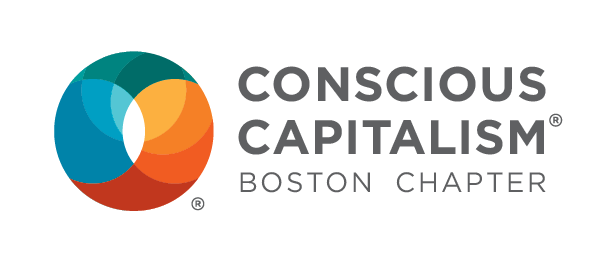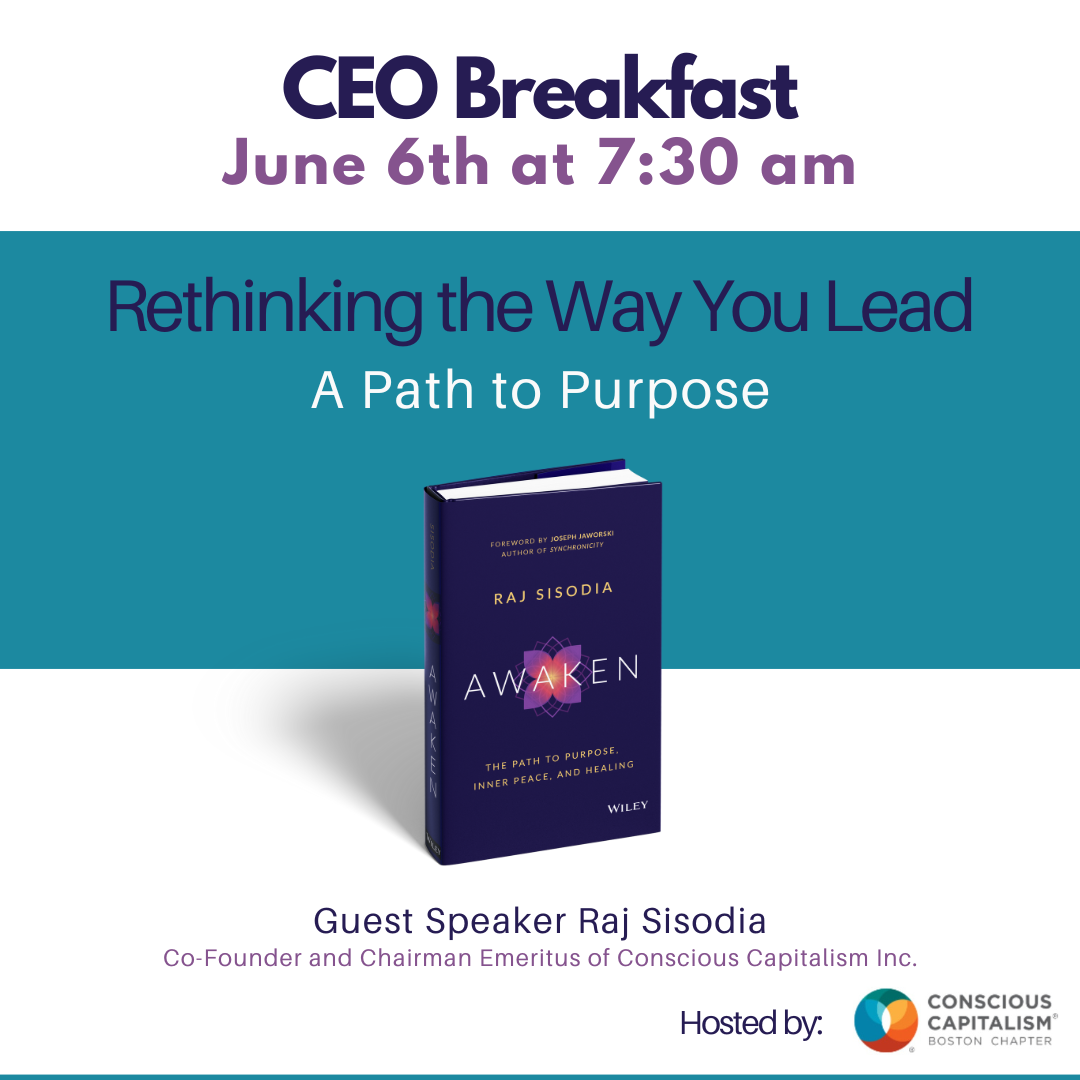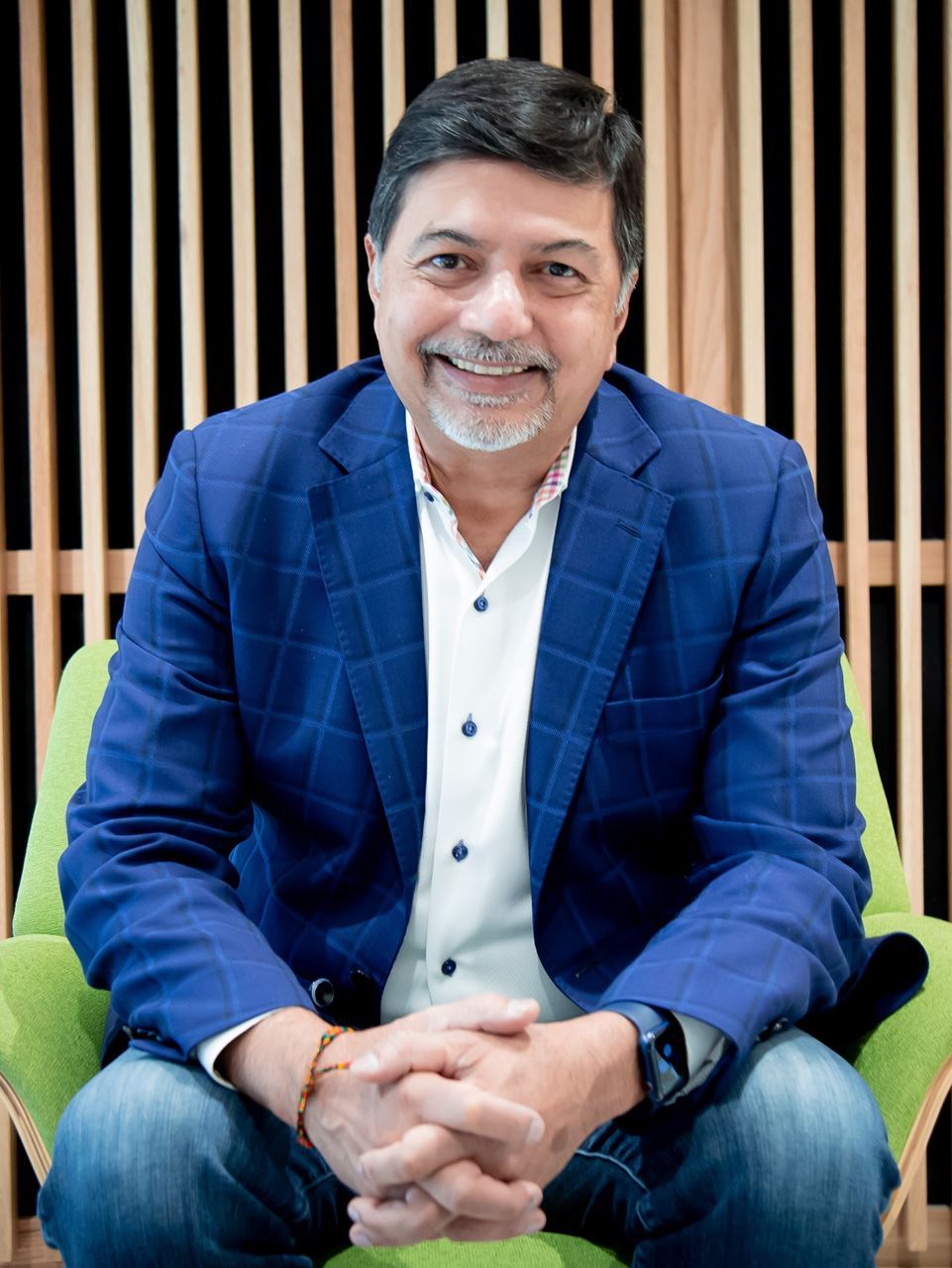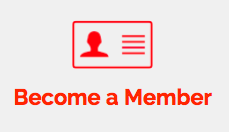Hello again Conscious Capitalists,
Every year, just before graduation season, conferences and events fill the calendar with knowledge-sharing and networking. We’re glad to see it return to in-person, live programming. We’re glad to be gathering again, after hybrid, online and remote became the status quo.
You’ll find more information below on the June 6th CEO Breakfast – and you can still participate as a C Level executive or on your company's leadership team. It’s a networking event at the beautiful Cambridge Multicultural Arts Center for local leaders who want to dive more deeply into Conscious Capitalism.
In this email, We’re sharing some “Future of Work” ideas from MIT Sloan Management Review and leadership experts. What are your conference learnings this year? We hope your organization is thriving and embracing new initiatives. Please let us know of any awards, milestones, or questions along the way.
As always, we’re here to help if you have news to share, or want to ask questions to over 1,000 people who receive this newsletter. Wishing you a successful ‘growing season’.
Cordially,
Your Conscious Capitalism Boston Board Members
CURRENT NEWS
TEAM BUILDING ADVICE FROM WORK/23
From the effects of a 4-day Workweek to identifying what jobs in your company are “Career Accelerators” there is a lot changing in today’s work environments. In early May, editors from MIT Sloan Management Review delivered an online event to explore the changing nature of doing work, workplace and leadership strategy. Not all the shifts are the result of pandemic and remote teams. Some are demographic waves, as older workers leave in giant numbers and younger teams want a new style of work. Other changes are a response to being more resilient and flexible, rather than adapting 19th century factory approaches.
Only 30 percent of people the magazine surveyed said their organization is doing a good job of managing the hybrid workforce of employees, gig workers, remote team members or outside partners. This blended combination requires a more flexible approach – focused on outcomes, not hours worked – as the yardstick for success.
After Pandemic, Now What?
Managers who led teams through Covid-19 and economic shocks are dealing with people leaving or looking for a change. Tony Gigliotti, talent manager at University of Pittsburgh Medical Center, told Work/23 that “career advancement” was the top reason for employee turnover cited in 2022 at the Pittsburgh-based healthcare company. It forced Pittsburgh’s leading non-government employer to get more active about retention. There had to be an answer to engage employees with peer advice about a career pathway and options as their lives changed, he says. A community website that allowed workers to chart out career options based on their needs, skills and open opportunities, with coaching from others, was a big step in engagement.
In-House Talent Development
Another tool is “skills-based hiring” that removes artificial requirements for college degrees. Job descriptions that focus on solutions or willingness to grow can reduce time to hiring and build strong career pathways at all levels – not just for high-performing executives. This also supports diversity, equity and inclusion (DEI) by prioritizing in-house workers who know the company and culture. Can you offer a longer-term vision for staying with a current employer? That can make a difference, says Beth Berwick of DEI advisor Grads of Life, a group that consults on improving hiring and removing career barriers.
“A degree requirement on a job may exclude as much as 70 percent of applicants who are people of color,” she adds. “A lower-cost hire, or promotion from within, expands access to opportunity and addresses equity issues.”
Flexible Work
“Time matters more than place,” says Brian Elliott, co-founder of Future Forum who explored the role of increasing trust in the new distributed workforce. He suggests a minimum of quarterly “All-Hands” company-wide or location meetings with social time such as meals to build team dynamics and connections, instead of outdated onboarding and mentoring programs. Future Forum was created to study the changing habits affecting desk workers, sponsored by BCG, Slack, MillerKnoll and other backers.
For managers, the challenge is defining operating principles, with some explanations, to guide management decisions, not rote policies that grow stale and may not fit unique situations.
Conscious CompaniesGood Business ReferralsAll of us support local companies that work to create positive impacts so when you find them, please share via social, email or just a quick text message. We’ll include some favorites in the newsletter even if they’re not Conscious Capitalism members (yet). Not only can we spread the message, we can encourage other companies to be a force for change. ChopValue Boston - Charlestown (and worldwide) “Every new beginning comes from some other beginning’s end.” That ‘90s lyric from the Semisonic song “Closing Time” applies to the circular economy where today’s used items provide tomorrow’s raw ingredients. ChopValue gathers used bamboo chopsticks and recycles them into board wood for a wide range of next-life products. Desktops, shelves, signs, wall decorations are all produced in local, micro-factory manufacturing businesses. In just three years, by 2023, it’s grown to nearly 40 sites in development worldwide and certified as a B Corp. including a new entry in Boston. Local owner Elaine Chow opened ChopValue Boston in September 2022, focused on improving sustainability in procurement, supplier diversity and a fast-growing “Buy Local” movement. The Cambridge facility of Takeda Pharmaceuticals is one supporter, where the dining hall has signs and a shelf made from thousands of its own locally recycled chopsticks. A Charlestown microfactory near Union Square is where the magic happens after restaurant bins of used chopsticks are emptied by route drivers. Corporate gifts and furnishings are a growth area, she says, “because people are getting tired of giving away water bottles.” That includes plaques for awards given by MIT’s Office of Sustainability and logo-branded phone stands or drink coasters. Chow is an MIT Sloan School of Management grad who worked on local youth development and workforce issues before launching ChopValue Boston. Accenture “Waste to Wealth” research found that less than 10 percent of global economic activity is circular, but $4.5 trillion in value could be unlocked by 2030. | UPCOMING EVENTS |
Join Us!Take your conscious capitalism to the next level and become a member of our Boston chapter.
|
Conscious Capitalism Chapter of Boston is a Chapter in Formation of Conscious Capitalism International.



